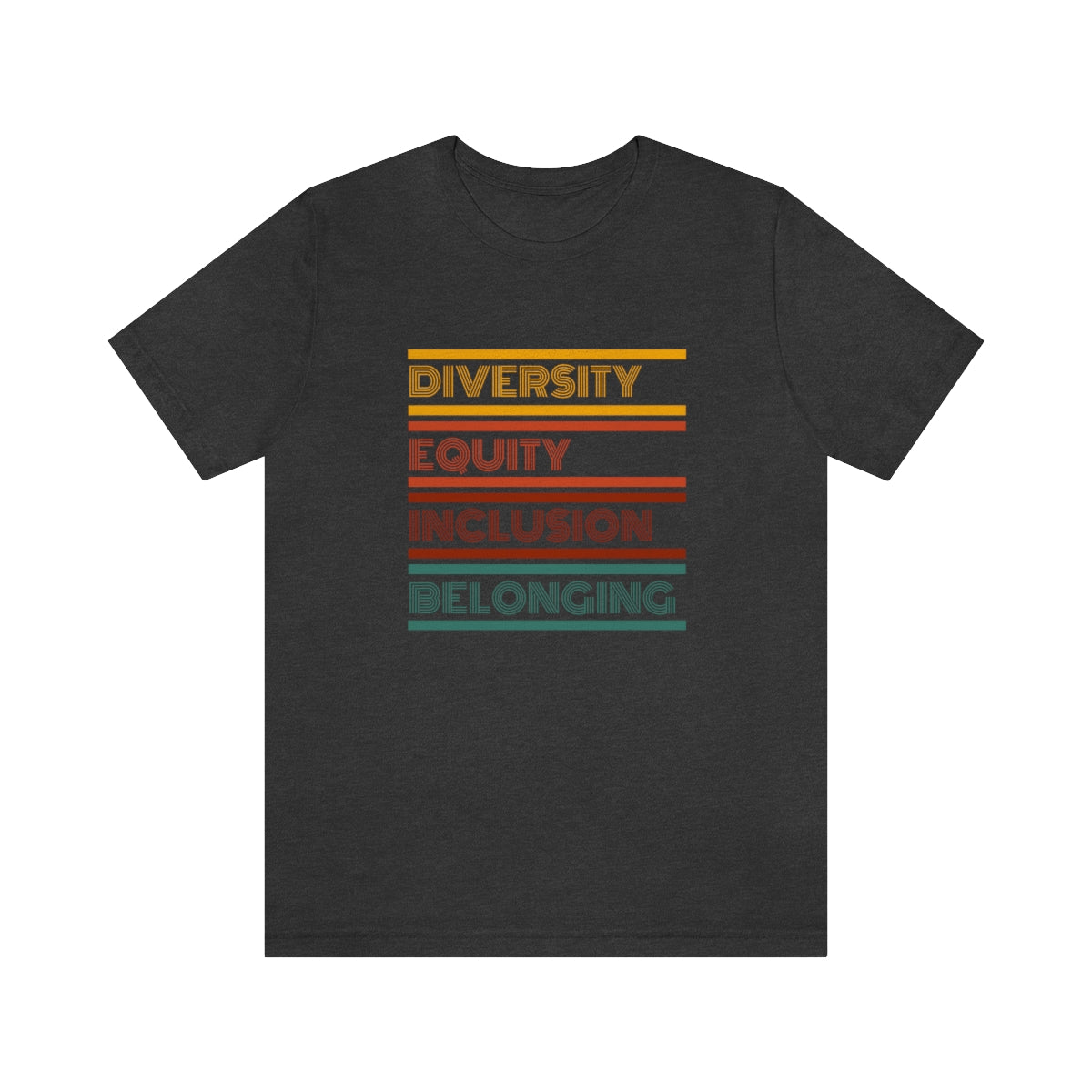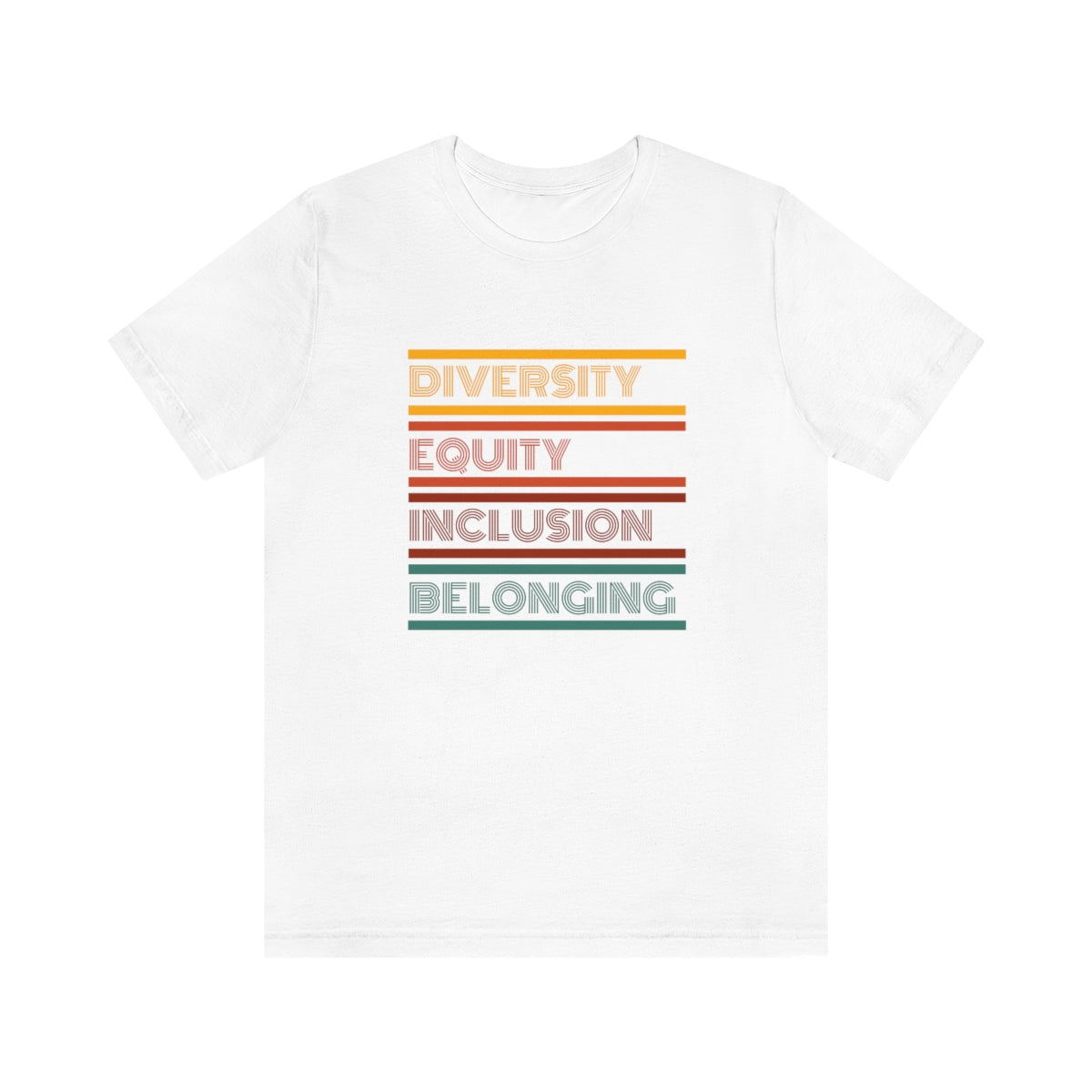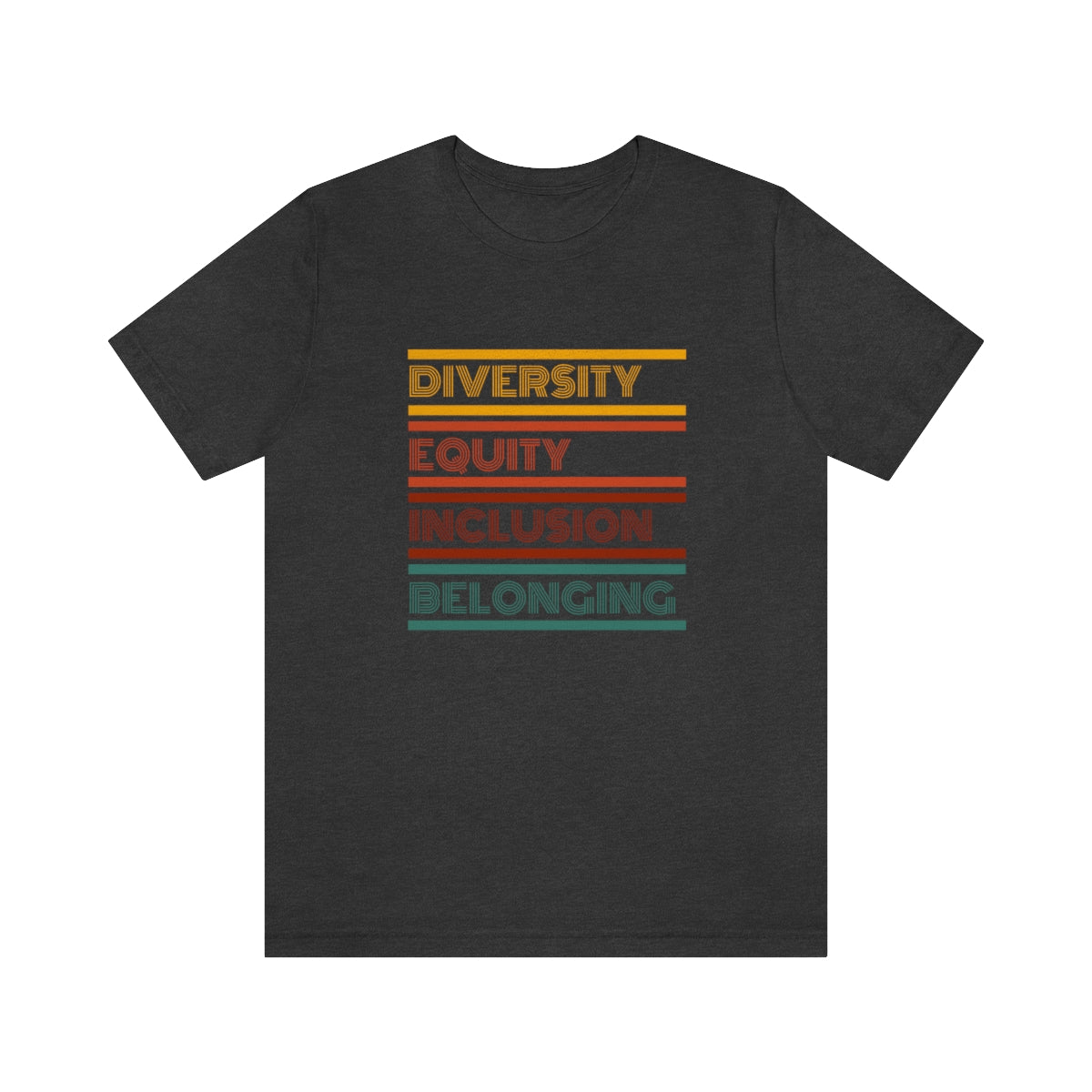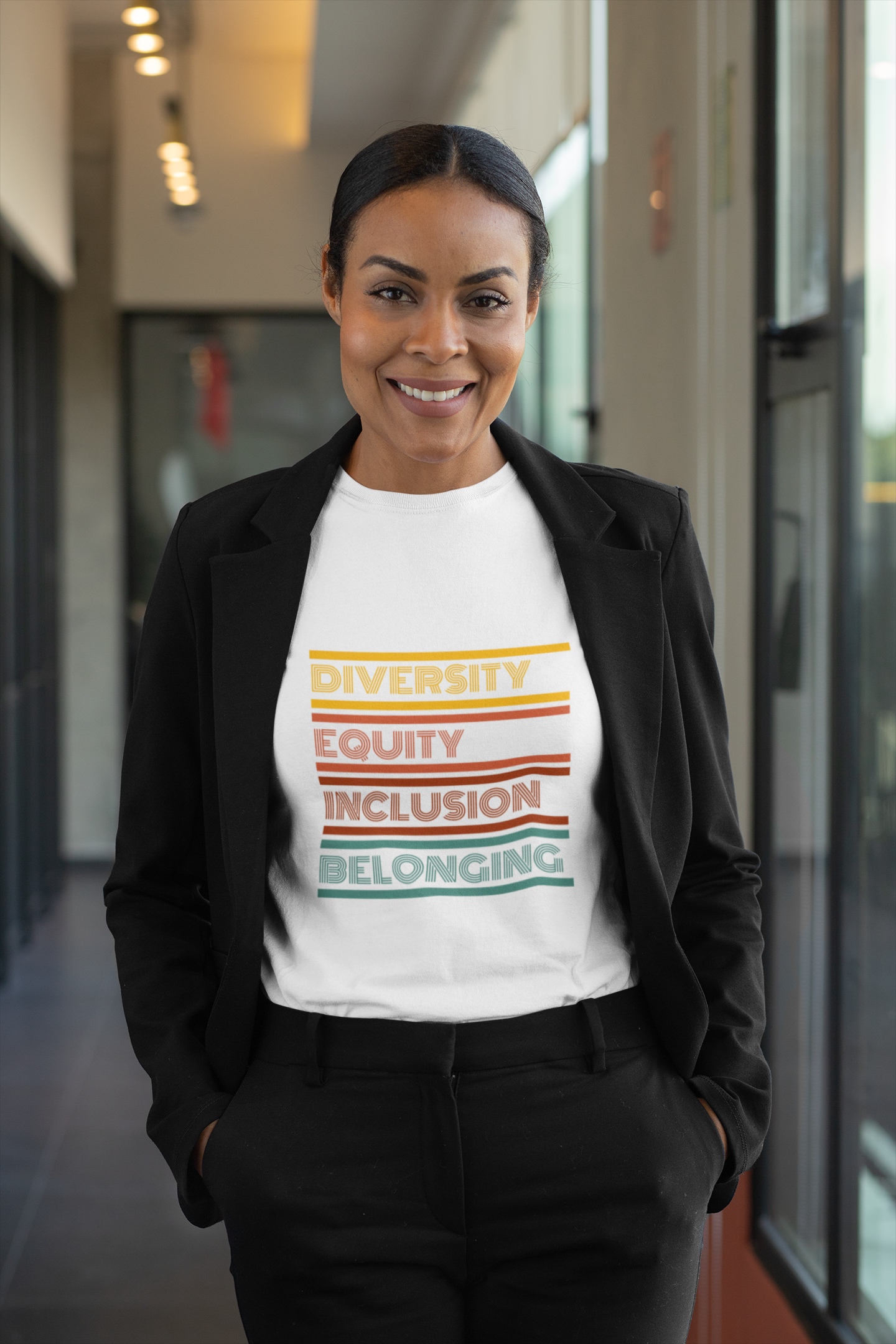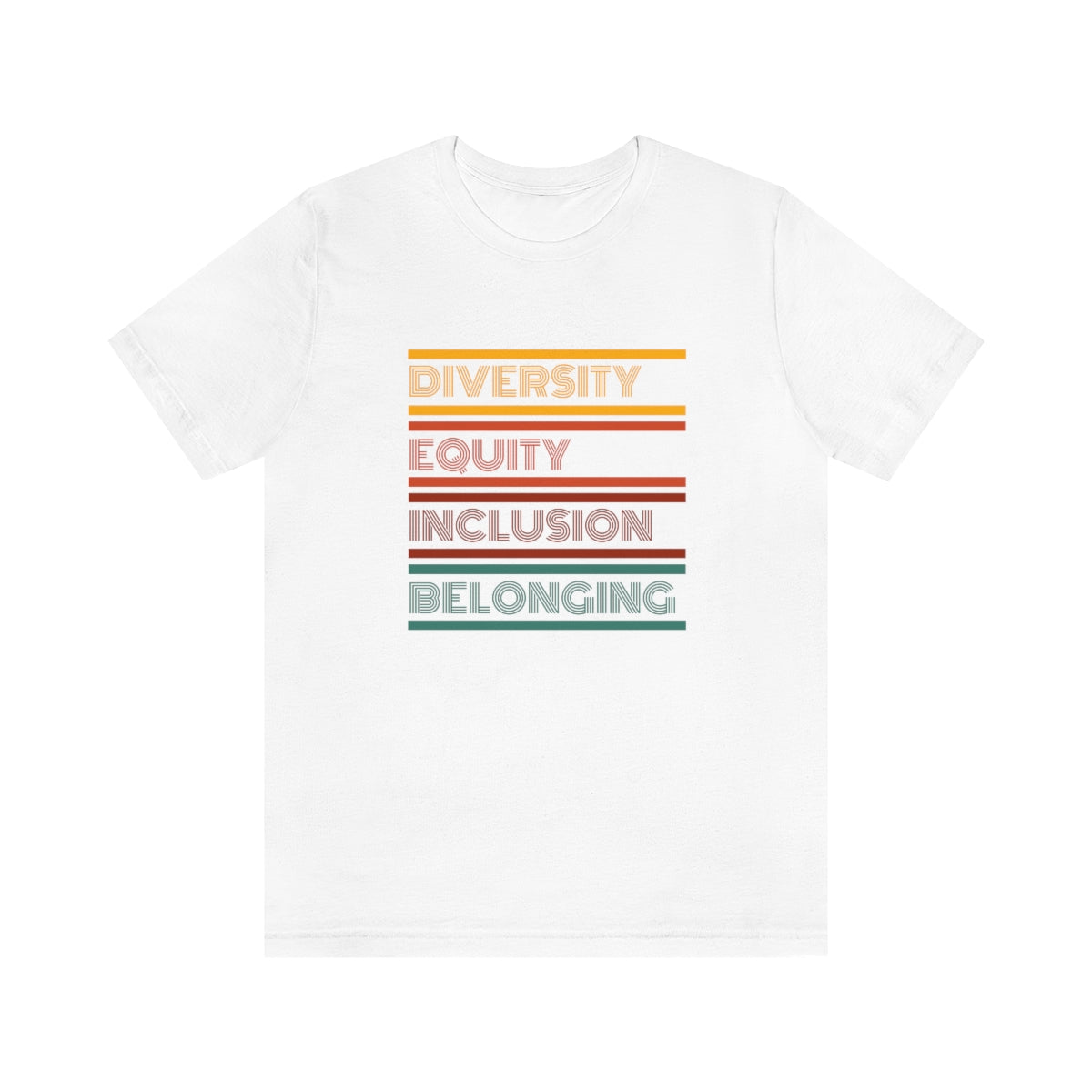Plant Based Eating for Health Benefits: How to Maximize Your Nutrient Intake

Image Source: FreeImages
Plant-based eating is becoming increasingly popular, and for good reason. It’s not only more environmentally friendly, but also much healthier for you. Numerous studies have linked a plant-based diet with reduced risks of heart disease, diabetes, and some types of cancer. Furthermore, it can help you maintain a healthy weight, lower inflammation in your body (the root cause of most diseases), maintain strong bones, and increase your intake of beneficial nutrients. The truth is that most people don’t eat enough fruits and vegetables. Research shows that we need about five to seven servings per day in order to get all the nutrients necessary for optimal health. Because of this, it’s crucial to adopt a plant-based diet as much as possible if you want to optimize your health.
What is a plant-based diet?
A plant-based diet focuses on the inclusion of a variety of fresh fruits, vegetables, whole grains, legumes, nuts, and seeds into your daily meals. Many people refer to this diet as vegan, though the vegan diet is just one type of plant-based eating. Vegan diets are diets that exclude all animal products, like meat, fish, dairy products, and eggs.
Why is eating a plant- based diet beneficial?
- Heart health: Research shows that vegans have a lower risk of heart disease than meat eaters. This is likely due to the fact that vegans consume significantly higher amounts of fiber, beta-carotene, and antioxidants. - Diabetes: Research suggests that vegetarians have lower than average risk of developing type 2 diabetes, while vegans have the lowest risk of all. Why? Well, plant-based diets tend to be lower in fat, which can help lower insulin levels in the body. - Weight loss: A low-fat, high-fiber diet (as vegan eating is!) can help you feel fuller while reducing your food intake and reducing your calorie intake. - Healthy skin and hair: The skin and hair of vegans and vegetarians have been found to have less oil, a more even-looking color, less dandruff, and less breakage and damage. This is likely due to higher intakes of vitamins C and E, iron, and zinc. - Healthy digestion: A diet that is high in fiber can cause stomach discomfort for some people. However, studies have found that vegetarians and vegans have less than meat eaters, which can help ease stomach discomfort. - Strong immunity: A diet high in antioxidants can boost immunity.
5 signs it’s time to reevaluate your diet
- When you feel amazing! No diet is perfect, but when you feel great, it’s natural to want to keep doing what you’re doing. This could mean that your current diet is working for you, or that it’s time to switch things up to find a diet that’s even better for you. - Health complications. If you are developing health issues because of your dietary habits, it might be time to re-evaluate your diet. - Low energy levels. If you find that you don’t have the energy you once did, you may want to look into switching up your diet. - Weight gain. If you are consistently eating the wrong things, you are likely to gain weight. - No more cravings. When you feel satisfied after a meal, you will be less likely to crave for more food.
6 signs it’s time to reevaluate your diet
- You feel tired all the time, even when you’re sleeping enough If you are always tired, it may be because you’re not getting enough nutrients from your diet. - You feel like your weight isn’t changing at the rate you’d like. If your diet isn’t working, you may want to consider adjusting your activity level. - You feel bloated or full after every meal. This could be a sign that your diet isn’t supplying you with all the necessary nutrients. - You feel like you’re constantly hungry, even though you’ve eaten enough. If you’re constantly hungry, it could be a sign that you aren’t getting enough to eat. - You feel like you’ve hit a plateau with your weight loss efforts. If you’ve been dieting for a while and aren’t seeing results, it could be time to reevaluate your diet.
Eat More Berries For Healthy Skin and Hair
- Strawberries: These small red berries have a high antioxidant content and can help reduce the appearance of fine lines and wrinkles. - Raspberries: Raspberries are high in vitamins C and E and can help keep your skin looking young and healthy. - Blueberries: These small, blue berries are packed with antioxidants that can help reduce the signs of aging. - Blackberries: Blackberries are high in antioxidants and have been found to help promote hair growth in men. - Cranberries: These small red berries are high in fiber and may help protect your urinary tract and prevent urinary tract infections.
5 ways to receive more benefits from your food
- Eat more vegetables: Vegetables are low in calories, making them an ideal option for weight loss diets. They also provide fiber, which can help prevent digestive disorders like constipation and ulcerative colitis. - Eat more fruits: Fruits are high in vitamins and minerals, which can help prevent and treat certain diseases. They are also low in calories and sugar, making them an ideal option for diabetics. - Eat more whole grains: Whole grains such as whole-wheat bread and brown rice have been found to have significant benefits for heart health. - Eat more protein: Protein-rich foods, such as meats, seafood, eggs, and dairy, are an essential component of a healthy diet. They can help you feel fuller longer and help you retain muscle mass as you age.
